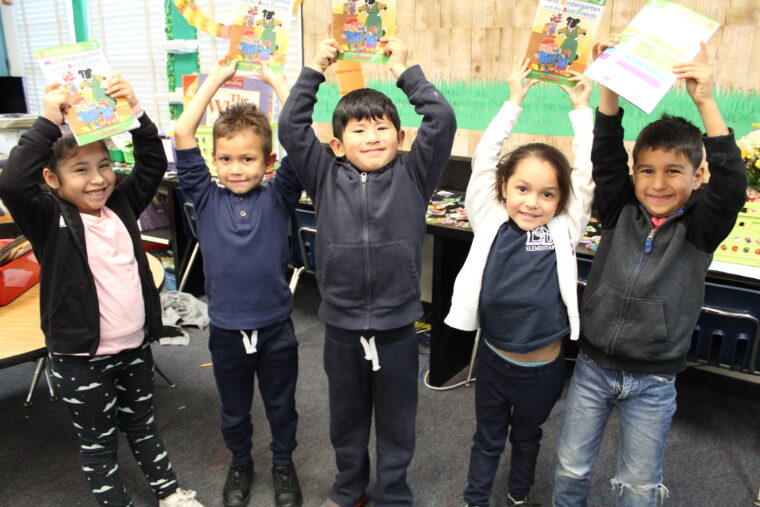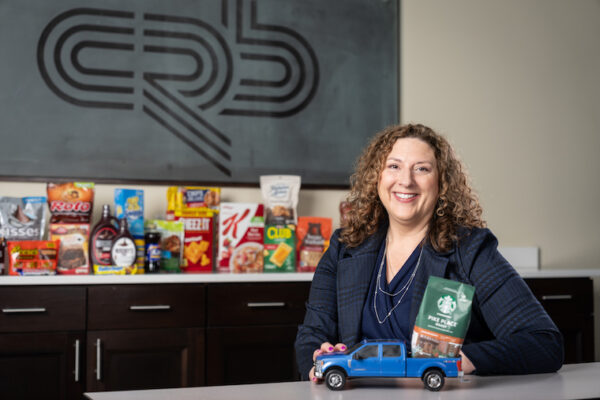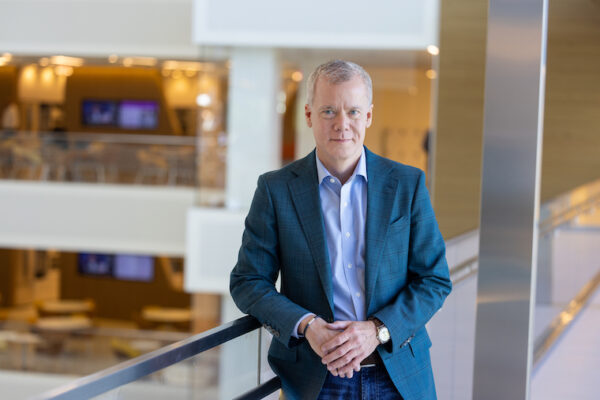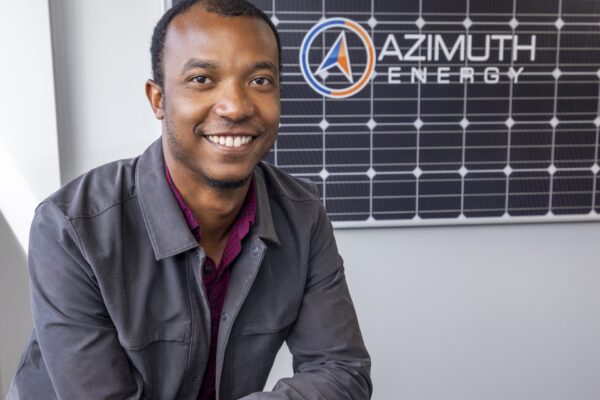More than 30 years ago, Leslye Lyons, AB ’79, sat down with a book club for the first time. As a new mom stepping aside from a career in social work, Lyons craved social connection. She didn’t expect to discover a passion that would lead to the birth of a literacy organization serving thousands of children and families.
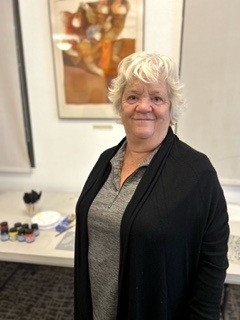
“I fell in love with the process of reading and discussing books,” Lyons recalls. She began leading three reading groups, and then, in 1996, Oprah Winfrey started her first book club. It seemed like everyone in southern California wanted to join in, and Lyons suddenly found herself on a new career path as a paid facilitator, leading 18 clubs in all. She loved all the meetings, but something didn’t feel quite right.
“One day I was sitting at one of these groups, watching these educated, affluent women discuss books and seeing what it did for them — how it transported them and helped them look deeper,” Lyons says. “And the social worker in me started saying, ‘What about people who might not have access to this?’”
Lyons began looking for book-related volunteer opportunities outside of the Oprah model. She found that most existing literacy programs offered one-on-one tutoring and focused on reading skills, rather than developing what she calls “a culture of reading.” She started working with a group that promoted reading among incarcerated teens but saw room for improvement.
“They didn’t have a sustainable, systematic approach to engaging the teens through reading,” Lyons says. “That’s what inspired me to try and create what was in my head.”
The organization in her head — Words Alive — launched in 1999 in a single classroom at the Lindsay Community Day School in San Diego, which serves pregnant and parenting teens. A quarter-century later, it reaches more than 5,000 kids and families per year through approximately 1,000 volunteers and a staff of 11. A transformative gift in 2022 provided a permanent, 5,500-square-foot home in San Diego’s East Village. Last year, Words Alive was the PGA Tour National Charity of the Year.
Back in 1999, Lyons had gathered a few volunteers to select books and create a plan of action. “This was before you could find discussion guides online for any book,” Lyons says. “Your research involved going to the University of California-San Diego library, as opposed to just sitting down at a computer.” Those guides laid the groundwork for the organization’s flagship program, the Adolescent Book Group (ABG), which continues today.
While expanding the ABG across San Diego, Words Alive also rolled out programs for younger kids. Their research-based, six-week Family Literacy Program provides education and books to families with infants and small children. The Read Aloud Program brings volunteers — along with carts of books, materials and activities — into elementary classrooms.
“We bring costumes and puppets,” Lyons says. “We bring seeds to demonstrate books about growing. We want to help these kids see how books connect to the world around them.”
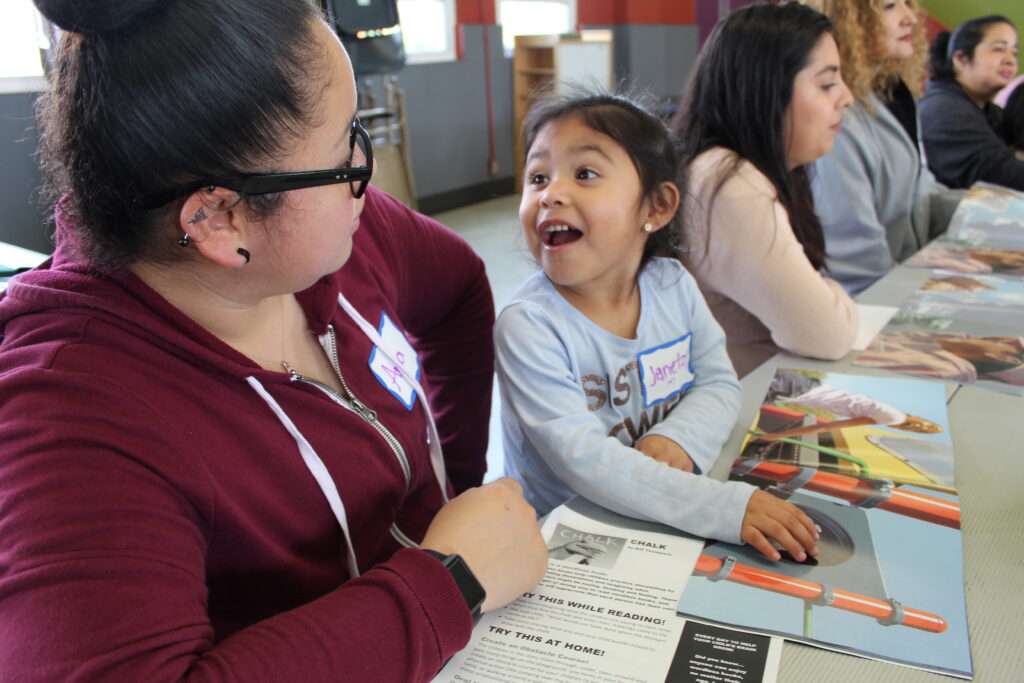
That sentiment also applies to the ABG. Hundreds of Words Alive volunteers are teens themselves, many of whom help with book selection. These young volunteers read current titles and provide feedback about what will click with their peers. By building genuine connections with books, Words Alive encourages teens to be life-long readers and learners, Lyons says.
For years, Words Alive has gathered data on the effectiveness of their programs. The latest report, for 2022-23, showed dramatic increases in literacy engagement. Caregivers in the Family Literacy Program reported an 81% increase in daily reading with their kids. ABG participants who rated reading as “a good or great way to spend time” increased by 75%, according to surveys.
Lyons only sees room for more growth and impact going forward. The organization is working toward a train-the-trainer model to further grow its volunteer force, and they are also leaning into the types of virtual programs implemented at the height of the Covid pandemic.
“The need is so great. We need to get to 100,000 kids and families,” Lyons says. “We need to get across the country, and eventually that’s where we are headed.”
